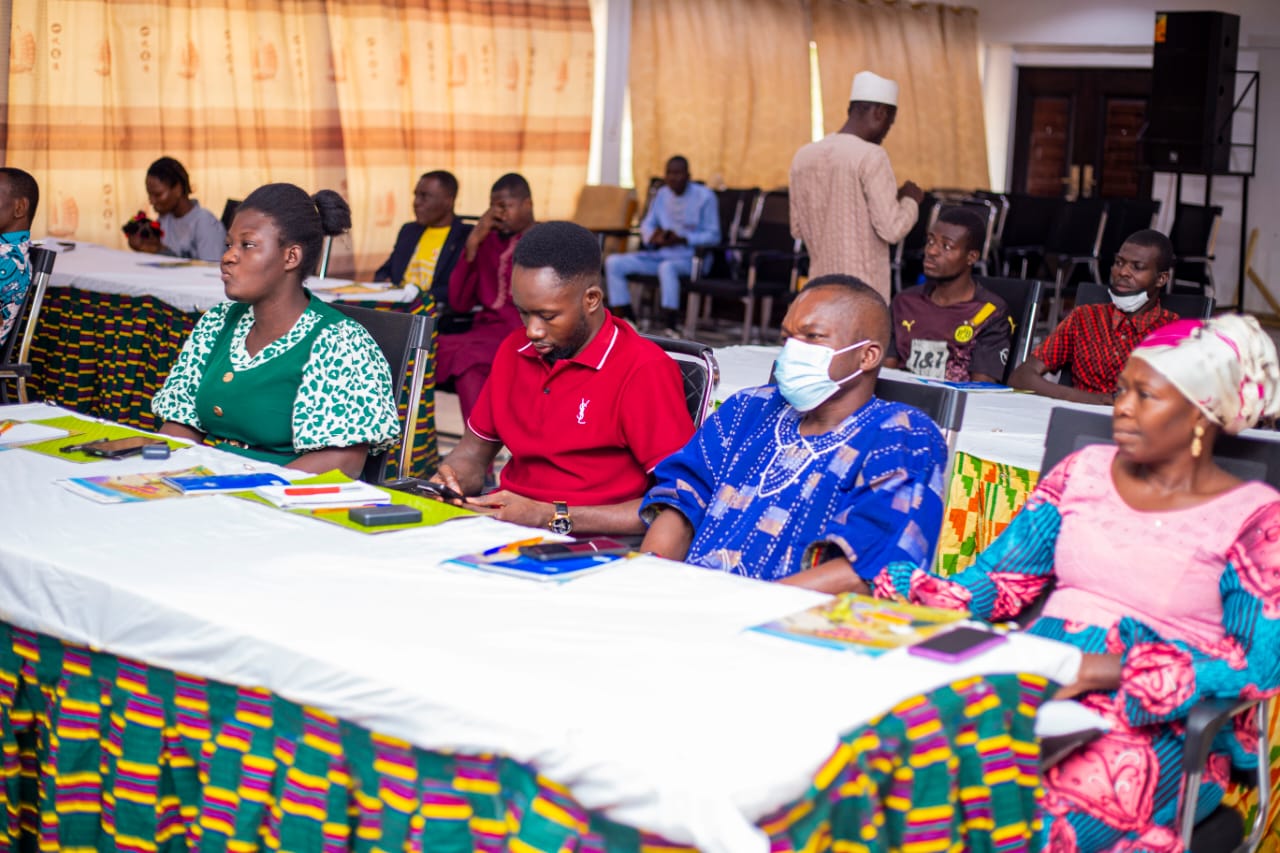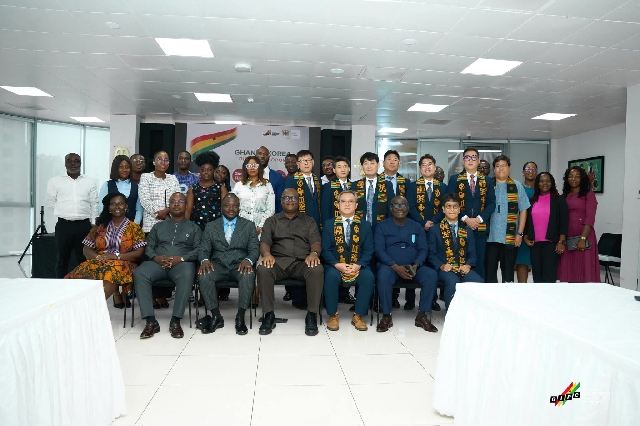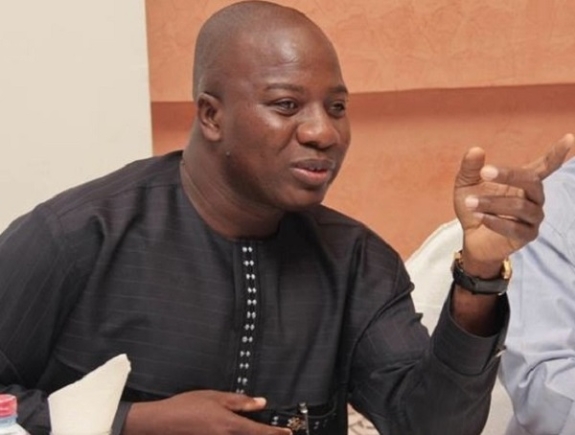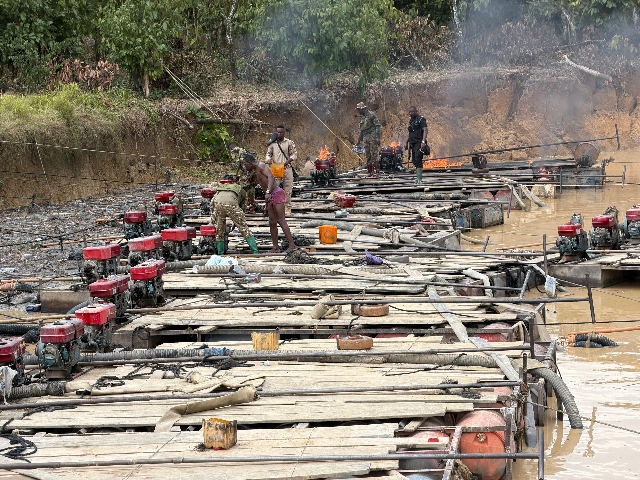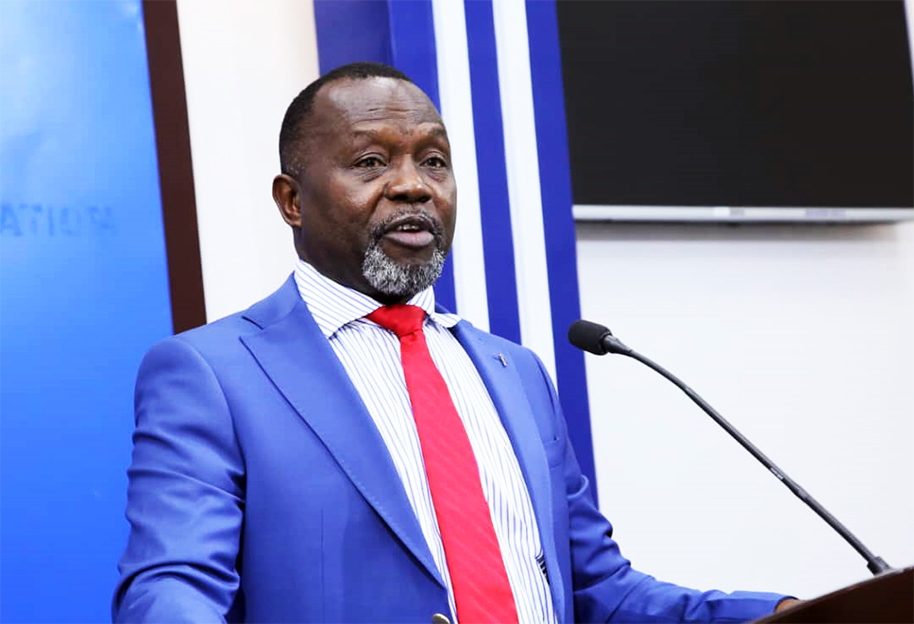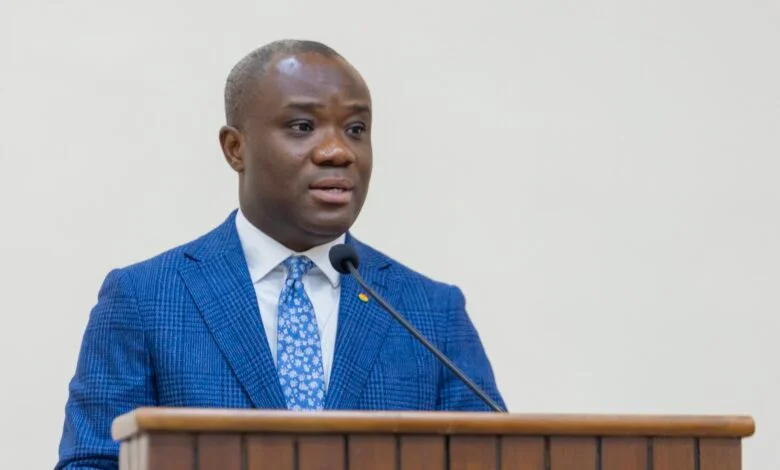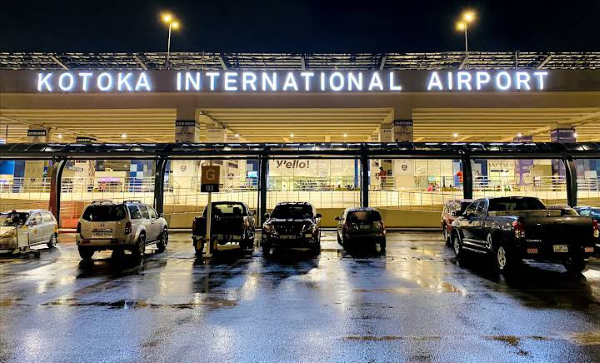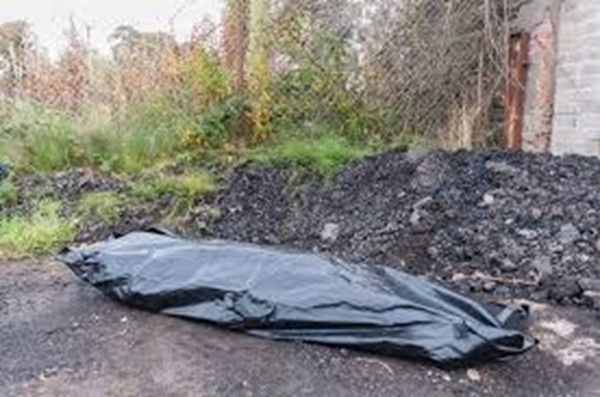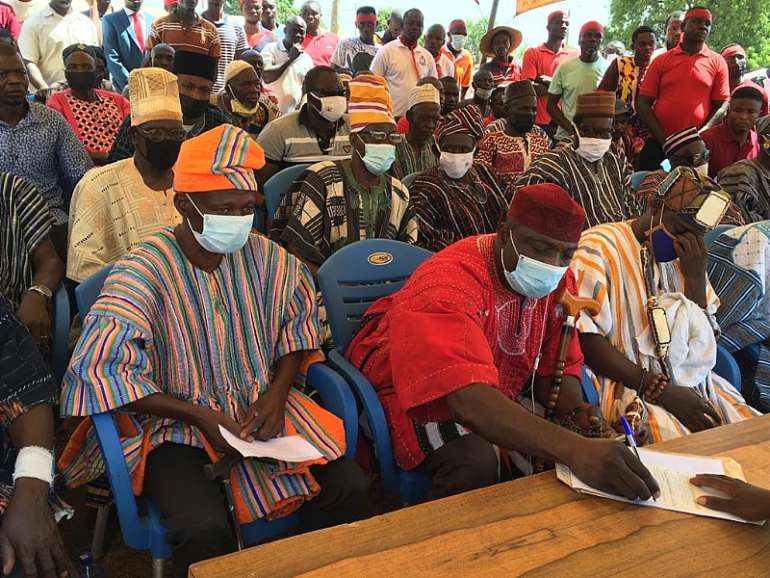The European Union has finally taken Ghana off its money laundering blacklist. The Financial Action Task Force (FATF) on Friday, 25 June 2021, delisted Ghana from the list. A statement issued to that effect said: “The FATF welcomes Ghana’s significant progress in improving its AML/CFT regime”. Ghana, it noted, has “strengthened the effectiveness of its AML/CFT regime and addressed related technical deficiencies to meet the commitments in its action plan regarding the strategic deficiencies that the FATF identified in October 2018”. To that end, the statement said Ghana is, therefore, “no longer subject to the FATF’s increased monitoring process”. It added that Ghana “will continue to work with GIABA to improve further, its AML/CFT regime”. During a two-day working visit of President Nana Akufo-Addo to Brussels, Belgium, on 19 and 20 May 2021, the European Commission announced its decision to remove Ghana from the list of countries that are deficient in anti-money laundering and terrorism financing, a statement issued at the time by the acting Director of Communication at the Presidency, Mr Eugene Arhin, said. “At a meeting between President Akufo-Addo and the President of the European Council, Mr Charles Michel, as well as the European Commission, the EU acknowledged the efforts Ghana has made in implementing the action plan of the International Country Risk Guide (ICRG) in record time”, the statement said. The Commission, the statement noted, “thus, congratulated Ghana for the reforms embarked on, as well as the sustainable robust systems deployed toward being taken off the list”. According to the statement, “it is expected that the Financial Action Task Force, the Global Money Laundering and Terrorism Financing Watchdog, will, in June 2021, announce that Ghana has been taken off its list of high-risk third world countries with strategic deficiencies in anti-money laundering and countering of terrorism financing”. The European Commission blacklisted Ghana in May 2020. The revised money-laundering list, which was expanded to include 22 from 16 states, took effect from October 2020. Apart from Ghana, the Commission added Panama, the Bahamas, Mauritius, Barbados, Botswana, Cambodia, Jamaica, Mongolia, Myanmar, Nicaragua and Zimbabwe to its list of countries that “pose significant threats to the financial system of the Union” because of failings in tackling money laundering and terrorism financing. Banks and other financial and tax firms were obliged to scrutinise, more closely, their clients who had dealings with the blacklisted countries. Companies in the blacklisted countries were also banned from receiving new EU funding with effect from October. Countries who were already on the list include Afghanistan, Iraq, Vanuatu, Pakistan, Syria, Yemen, Uganda, Trinidad and Tobago, Iran and North Korea. All countries but North Korea have committed to changing their rules in order to better tackle money laundering and terrorism financing. –Classfm Please contact Apexnewsgh.com on email apexnewsgh@gmail.com for your credible news publications. Contact: 05555568093
Must you remove us from EU-funded farm access road projects? Sissala chiefs petition Roads Minister
The Chiefs and people of four districts in the Upper West Region have petitioned the Minister of Roads and Highways, Kwasi Amoako-Atta, over their exclusion from a €35 million European Union (EU) farm access roads project. The districts affected are Wa East, Sissala East, Sissala West and Lambussie. Community members in the districts on Monday held a demonstration to protest what they say was their neglect despite being major sources of agriculture production in the region. According to them, the bad state of the road infrastructure in the communities and their subsequent sidelining from the projects will deprive them of economic development particularly when they are high agricultural production areas in the region. “It is our firm belief that the programme is aimed at improving inter-connectivity between areas of production of Agricultural crops and market centres in the Upper West Region. That being the case, our respective communities should have been given priority too. The reasons are not difficult to appreciate”, portions of the petition read. The government of Ghana, the World Bank, and the European Union broke grounds for the project which was aimed at granting support for “improving inter-connectivity between areas of production and market centres”. But the disturbed residents simply put it that, their exclusion from the programme is unfair and inequitable “We therefore hereby petition your high office for urgent response to our grievances regarding the total exclusion of the above-aforementioned farming districts from the benefits of the EU funded Farm Access Roads that was launched on Tuesday 18th of May 2021, at Kpongu in the Wa Municipality”, the petition added. The Chiefs and farmers in the districts have for far too long complained to successive governments and development partners about the total neglect of the deplorable and almost non-existent farm access road network in the farming districts. This they say has denied the poor farmers access to market centres which have the potential of worsening household incomes from farm produce and contribute to the widening the poverty gap. Subsequently, they are making the following five urgent demands: We hereby demand on the principle of transparency and accountability, that the Ministry of Roads and Highways should publish the selection criteria that formed the basis for the inclusion or exclusion of beneficiary districts under the EU funded 670 km farm access roads project. We further demand that in the spirit of fairness, social justice and non-discrimination which are cardinal principles in the Ghanaian Constitution and values shared by the EU, a re-prioritization and selection of the farm access roads be done based on production levels and severity of need. Alternatively, we further demand that the Ministry of Roads and Highways should immediately find additional resources to create, rehabilitate and maintain the abandoned farm access roads in the four aforementioned excluded farming districts under the EU funded project. We wish to state emphatically that this petition is not against any district benefiting from the EU Funded Farm Access Roads Project. We are demanding fairness, equity, social justice and non-discrimination in the selection, allocation and distribution of development projects (roads). We wish to mention herein that a framework to resolve the issues mentioned herein has been attached for stakeholders study. It is our hope that in the shortest possible time, our grievances would be attended to for an amicable solution to be reached to further calm aggrieved youth and focused groups likely to advise themselves otherwise should they not behold remedies forthcoming. The EU-funded feeder roads project The government of Ghana received a grant of €35 million from the European Union for the rehabilitation and maintenance of 670 km of feeder and farm access roads in the Upper West Region. The financial support is aimed at improving inter-connectivity between areas of production and marketplaces. In a joint statement released by the Ministry of Roads and Highways and the European Union, the sector minister, Kwasi Amoako-Atta, noted that the support falls in line with the government’s vision to provide a better transportation system for farming communities. The grant comes under the larger EUR €160 million European Union-Ghana Agricultural Programme (EU-GAP) to develop sustainable agriculture in the Upper West Region. The roads are organized in three packages, as follows: 1. Wa Municipal, Wa West, Nadowli-Kaleo (235 km) 2. Jirapa, Lawra, Daffiama-Bussie (210 km) 3. Nandom and Lambussie-Karni (225 km) This intervention aims at improving inter-connectivity between areas of production and marketplaces in the Upper West Region. The objective is to reduce the travel time on these sections of roads, promote road safety, and strengthen at the same time the institutional management of the transport sector. The feeder roads are commissioned under Output and Performance-Based Road Contracts (OPBRC) managed by the Department of Feeder Roads under the Ministry of Roads and Highways. To maximise the support intervention, the EU funding is administered under a Trust Fund administered by the World Bank as part of the Transport Sector Improvement Project’ (TSIP), which finances a larger national transport programme. Please contact Apexnewsgh.com on email apexnewsgh@gmail.com for your credible news publications. Contact: 05555568093
European Commission sues AstraZeneca for Covid-19 vaccine delays
Pharmaceutical company AstraZeneca was in court Wednesday, facing the European Commission, which says the company did not honour its contracts to deliver Covid-19 vaccination doses, and slowed European inoculation campaigns The Commission, which is responsible for procuring vaccinations for the entire EU, is suing AstraZeneca to force it to deliver 90 million more doses of its Covid-19 vaccine before July, and face financial penalties for not delivering on a mid-June deadline. In the first quarter of 2021, AstraZeneca delivered only 30 million doses, out of the 120 million it agreed to supply to the EU. For the current quarter, which runs until June 30, the company plans to deliver only 70 million of the 180 million in the contract. EU lawyer Rafael Jafferali told the court Wednesday that the company expects to deliver the full 300 million doses by the end of December – a delay which is “obviously a failure.” The Commission argues the company should have used all of its production sites to supply the EU, but instead it favoured the United Kingdom, by not exporting doses produced at its two UK-based plants. AstraZeneca says it has fully complied with its contract with the EU, and has argued it made its best effort to deliver vaccines on time, despite difficulties in manufacturing. It said it had warned the EU had about delays as early as February. Lawyers for the company will address the court later Wednesday. Shifting away from AstraZeneca The Commission had intended to use the AstraZeneca vaccine as a pillar of its vaccination campaign. Now it has shifted its focus to the BioNTech/Pfizer vaccine. Now that there are more than 2.5 billion vaccine doses from various manufacturers in Europe, the Commission might find it difficult to prove the urgency of its case against AstraZeneca. Lawyers for both sides will argue their cases Wednesday in a court in Brussels, as the contract was signed in Belgium. Another hearing is scheduled for Friday, with a judgment to be delivered at a future date that has not been announced. In addition to the emergency action, the Commission has started the process to claim for damages, though a hearing has not yet been set by the court. RFI Please contact Apexnewsgh.com on email apexnewsgh@gmail.com for your credible news publications. Contact: 05555568093
EU made their position clear to support promotion of LGBTQI rights in Ghana
The European Union in Ghana has shown interest in supporting the promotion of LGBT1Q rights by local civil society organizations in Ghana. The European Union in a Facebook post sighted by Apexnewsgh.com made their position clear to Ghanaians. Apexnewsgh.com/Ghana/Ngamegbulam Chidozie Stephen Please contact Apexnewsgh.com on email apexnewsgh@gmail.com for your credible news publications. Contact: +233555568093

